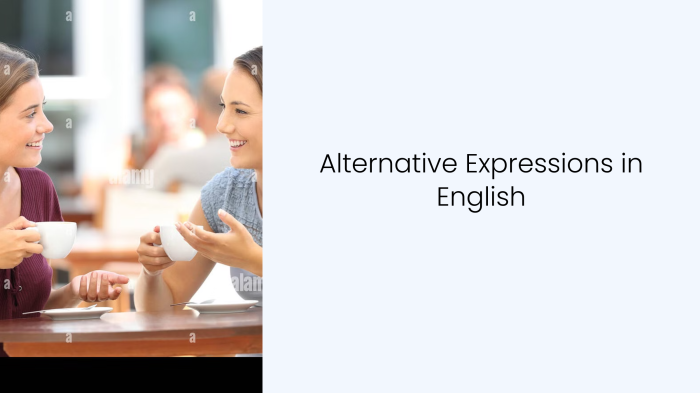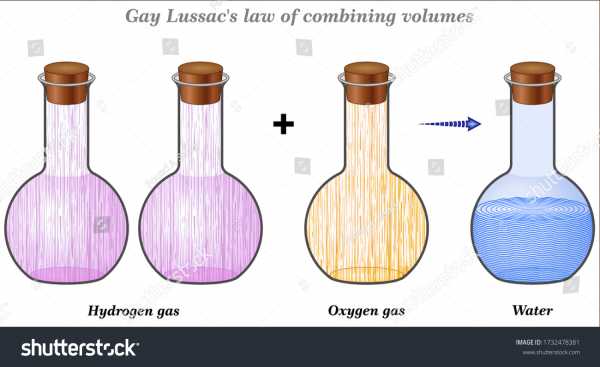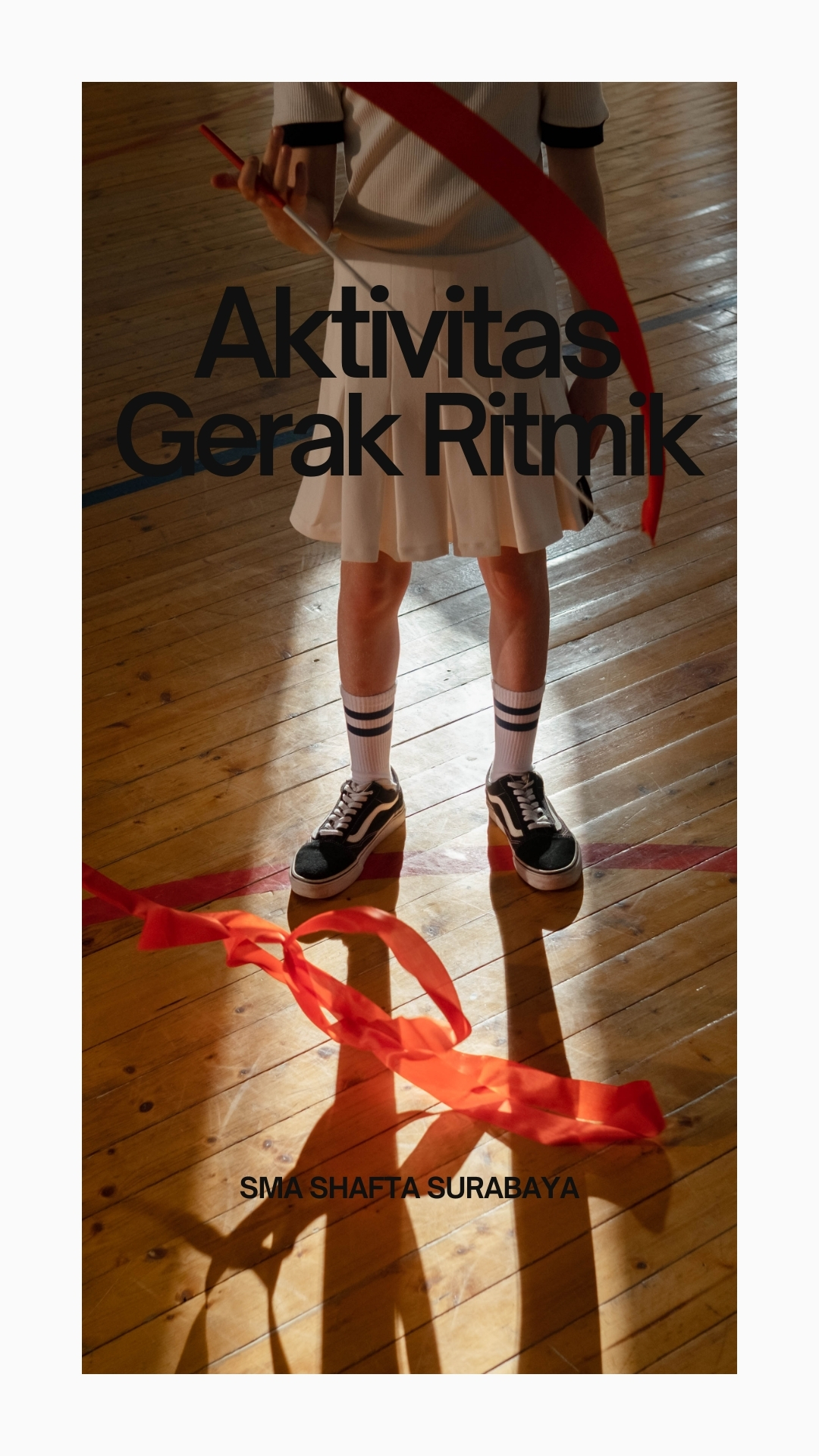Formal expressions and phrases taught in school can differ significantly from real-world English used by native speakers. While words like “hello,” “yes,” “no,” “because,” “thank you,” “I think,” and “Well done” are commonly used in dialogues and conversations, native speakers often employ a variety of alternative expressions to make their speech sound more natural and diverse.
Dialogue Example: Identifying a Teacher
Conversation
Anna: Who’s your geography teacher, Bob?
Ben: I can’t remember his name, but he’s got straight thin hair.
Anna: Ah! Does he wear thick glasses?
Ben: You bet.
Anna: That’s probably Mr. William Kent.
Ben: That’s right. Do you know him, Anna?
Anna: Of course, not, Ben. But I know his name from his name tag when I passed him.
Meanings of Bold Phrases
“You bet” is an informal way of saying “Yes, definitely” or “Absolutely.”
“That’s right” is used to confirm that someone’s statement or guess is correct.
See full lesson here













